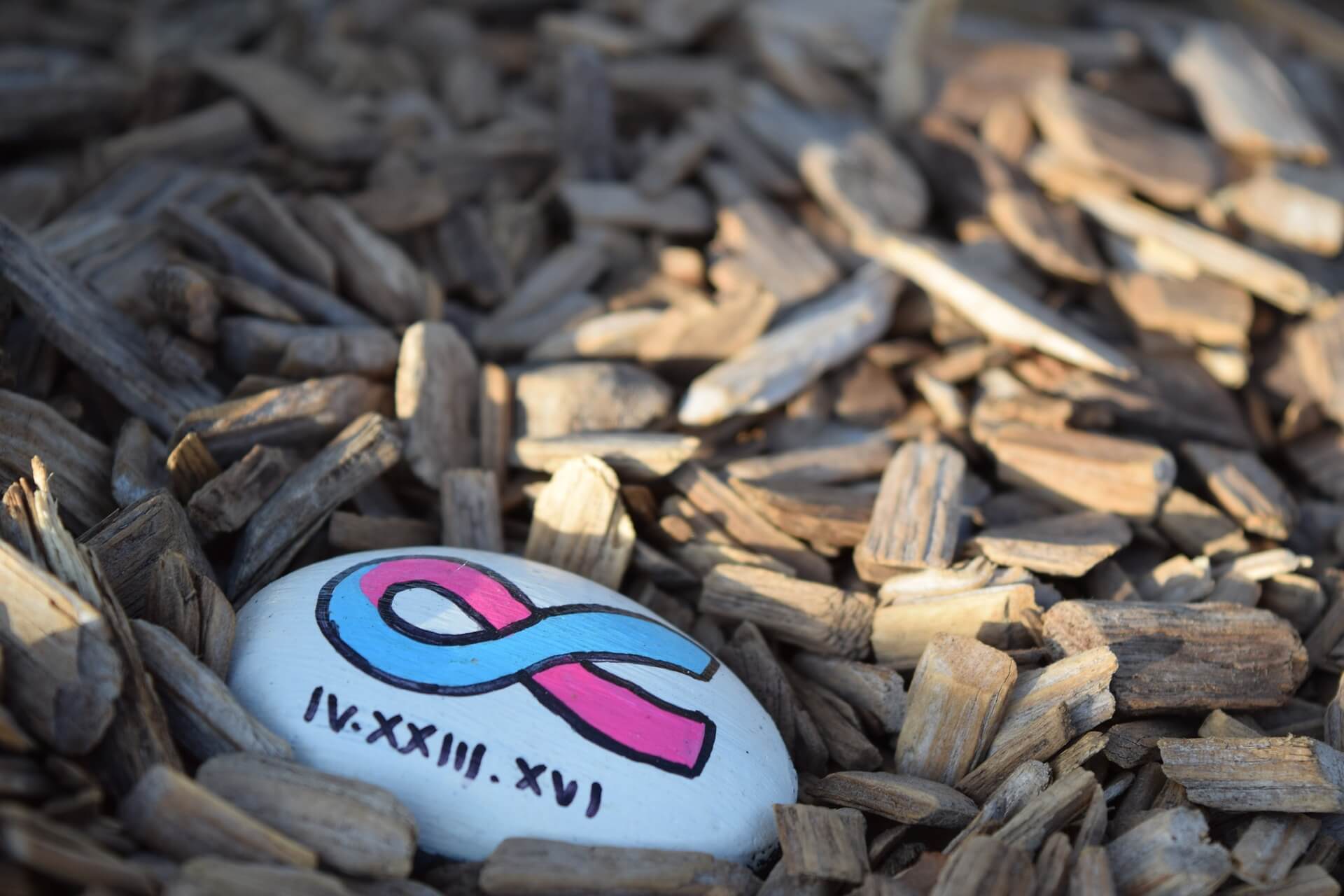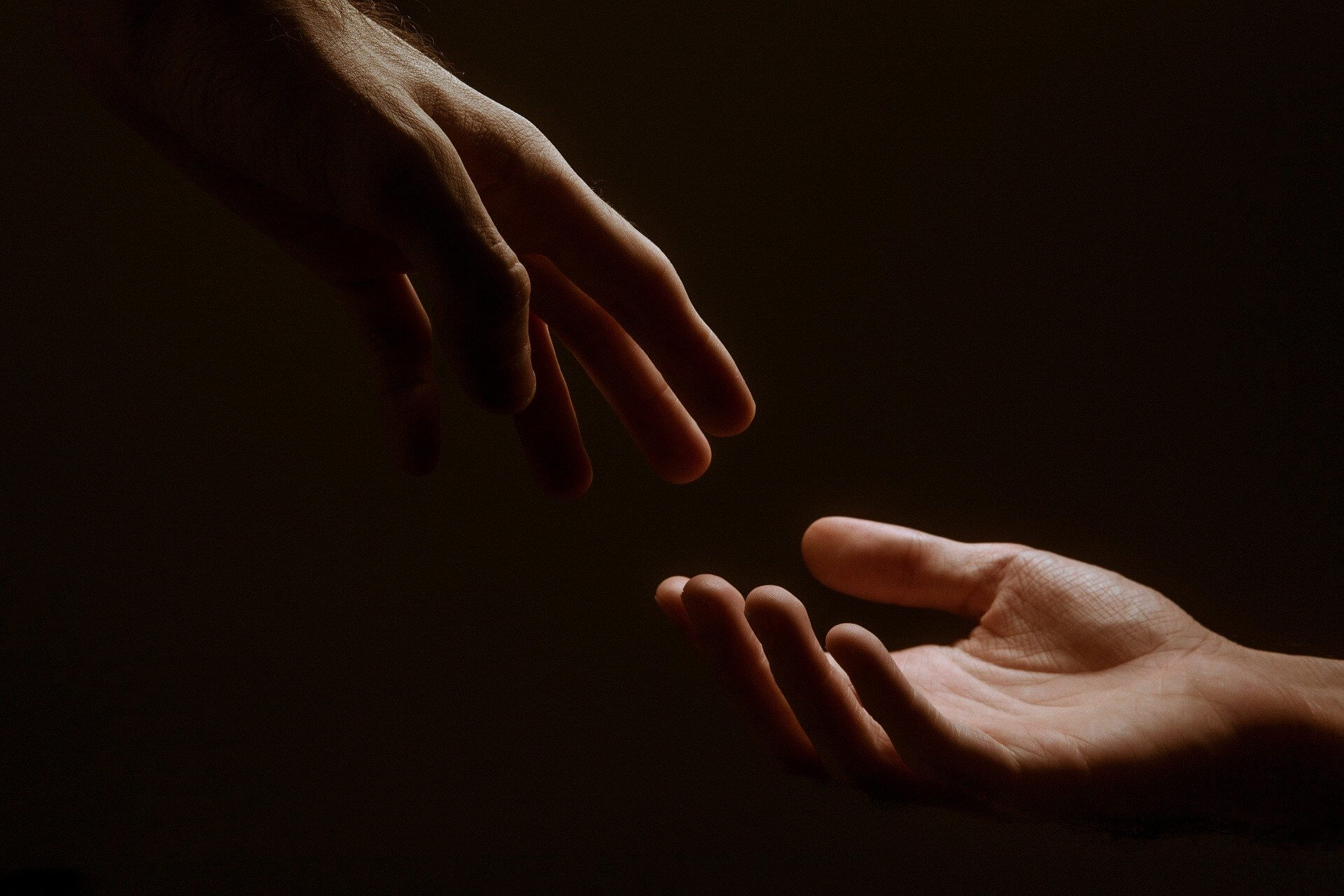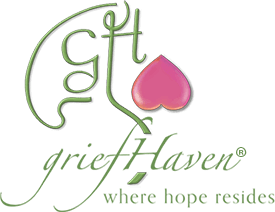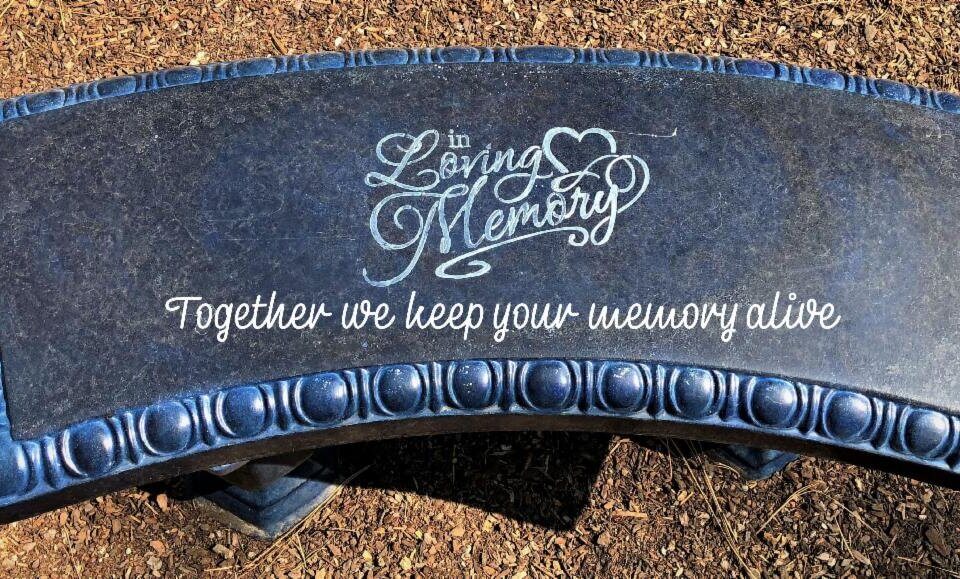
Miscarriage and Ectopic Pregnancy
May 25, 2020
Faith, Trust and Forgiveness
May 26, 2020Share This Article

Question from a therapist regarding the health of yearly
remembrances and rituals.
A Bereavement Counselor’s Dilemma: the widow is ready: nobody else is.
Dear Dr. Neimeyer,
I am a bereavement counselor at a hospice. I have a client who has done amazing work after
the death of her husband. She is in her mid-60’s and very healthy. She and her husband had
counseling before his death, and she continued after his death. She has written, and written,
and read everything she can get her hands on. She has recently met a man in whom she is
romantically interested who is concerned she has not grieved enough. It has been ten months
since her husband died. She feels she is ready to explore a new relationship. Her family is not.
Can you help me with some helpful advice for her?
Diana
Dear Diana,
As you know, one sign of resilience following the loss of a spouse is genuine readiness to open
one’s heart to another partnership, though this is by no means an inevitable outcome of positive
adaptation to loss. Across much of human history and most cultures, committing to a new
partner in marriage would be considered the normative and approved course, though cultures
vary in whether this expectation applies more to men or women. Thus, there is nothing unusual
about your client’s interest in exploring a new relationship, even as she approaches the first
anniversary of her husband’s death, and certainly the therapeutic work she has done with you
and on her own seems to have contributed to her readiness for this step.
But of course, such decisions are not simply individual matters, as they implicate other stakeholders in the family and social system. Adult children in particular can feel an invisible loyalty to a deceased parent and be reluctant to imagine the surviving parent in the arms of another. Most, but not all, eventually come to terms with this natural desire on the part of their surviving parent, though acceptance and perhaps even celebration of this development commonly takes time. More crucially, it takes two to say “yes” to a relationship, so the concern of the potential partner that your client “has not grieved enough” has to be taken seriously. Is this a general cultural norm that he subscribes to, or if he himself is widowed, is his concern grounded in his own intimate experience? Or does it reflect subtle signals that he seems to be receiving from your client, perhaps in the form of a careful avoidance of triggers for sadness or grief, or an overly needy reaching out for security in a new bond? Faced with these questions, and the need for the prospective partners to be “on the same page” in their readiness to step toward one another, I would likely invite a session with both of them to consider what each is ready for now, and what they might be open to some months down the road. Of course, just this sort of conversation might be relevant for many couples who are negotiating possible intimacy, whether or not either of them had recently lost a partner. But in the case of widowhood, I would also likely introduce the invisible third party to the conversation—namely, the deceased husband —to explore how comfortable each is in speaking about him and what would be considered a normal and healthy loving place your client might still hold for him in her life. At the point that both members of the potential couple are comfortable with that as well as with one another, I trust that the relationship might move forward in a way that could be embraced by both, as well as the larger circle of their families.
Dr. Neimeyer
Thanks to AfterTalk for this Q&A with Dr. Neimeyer.
http://www.aftertalk.com











